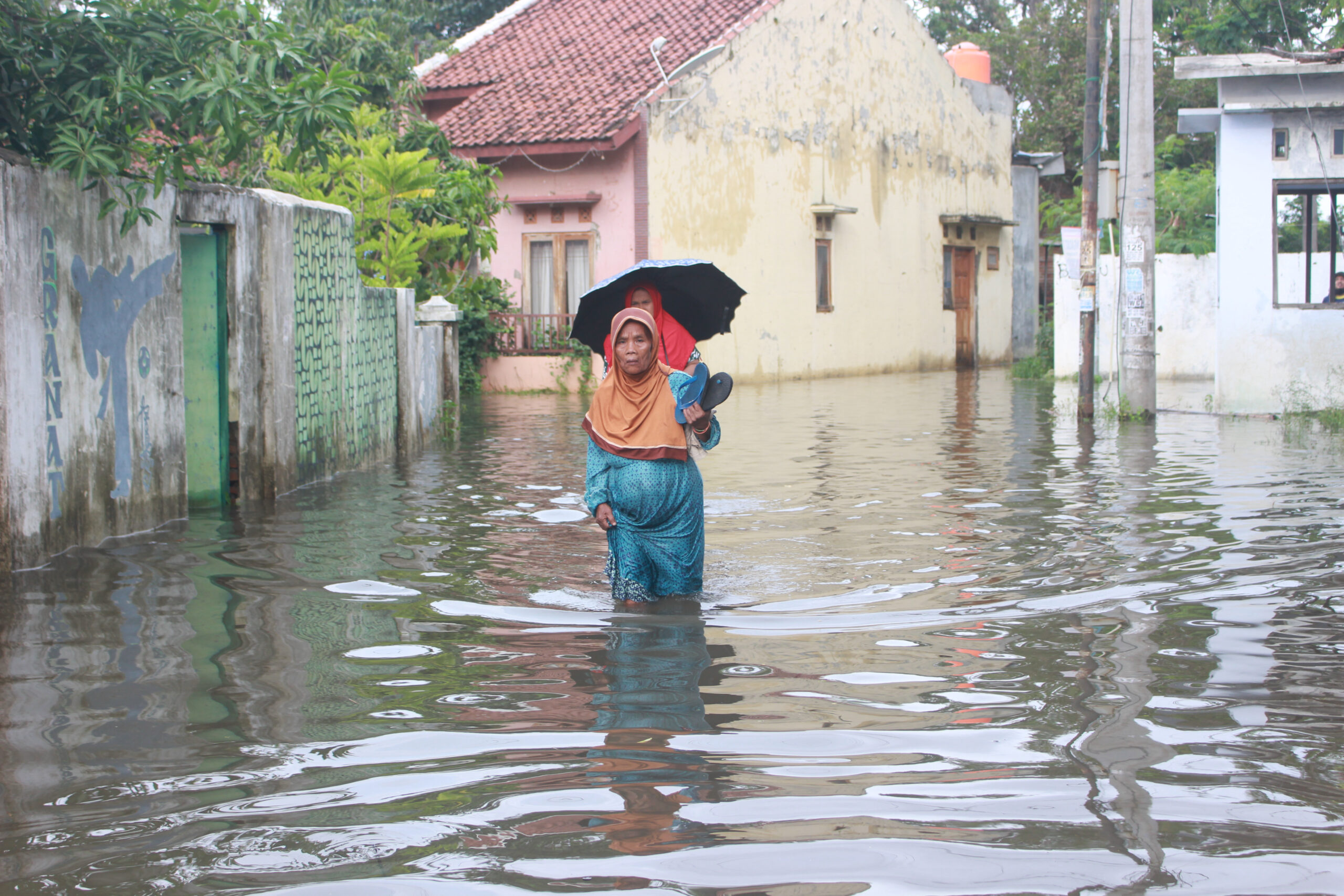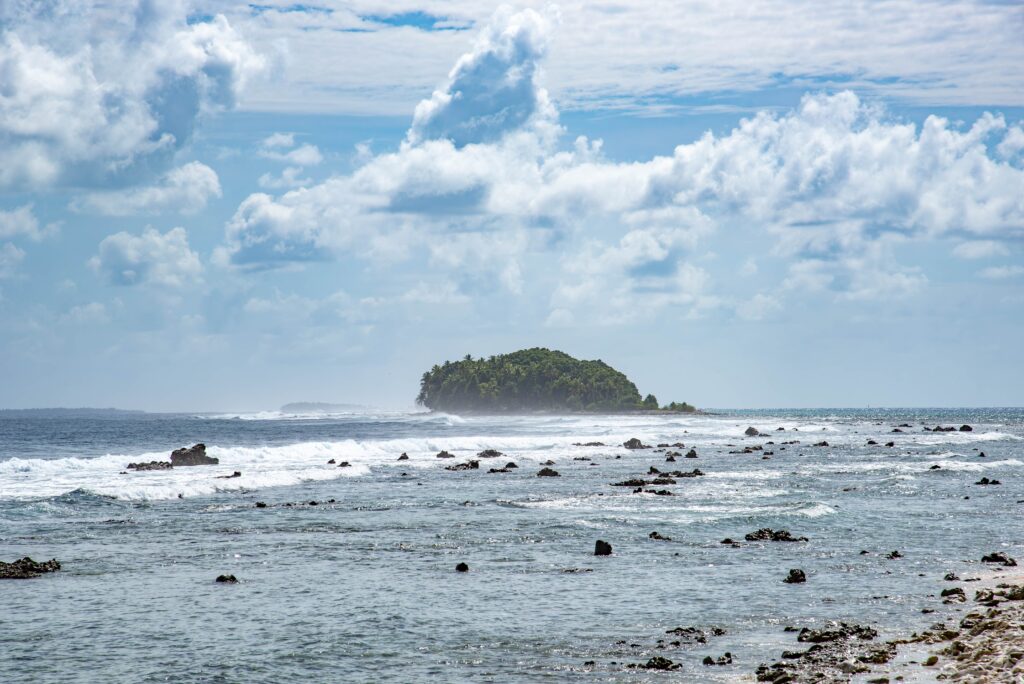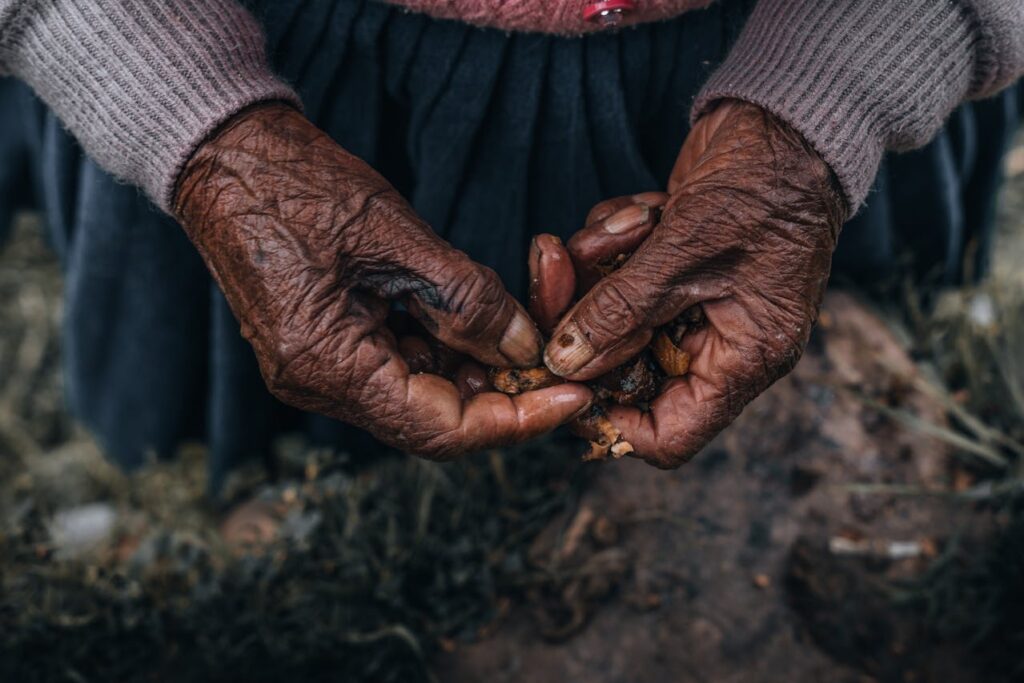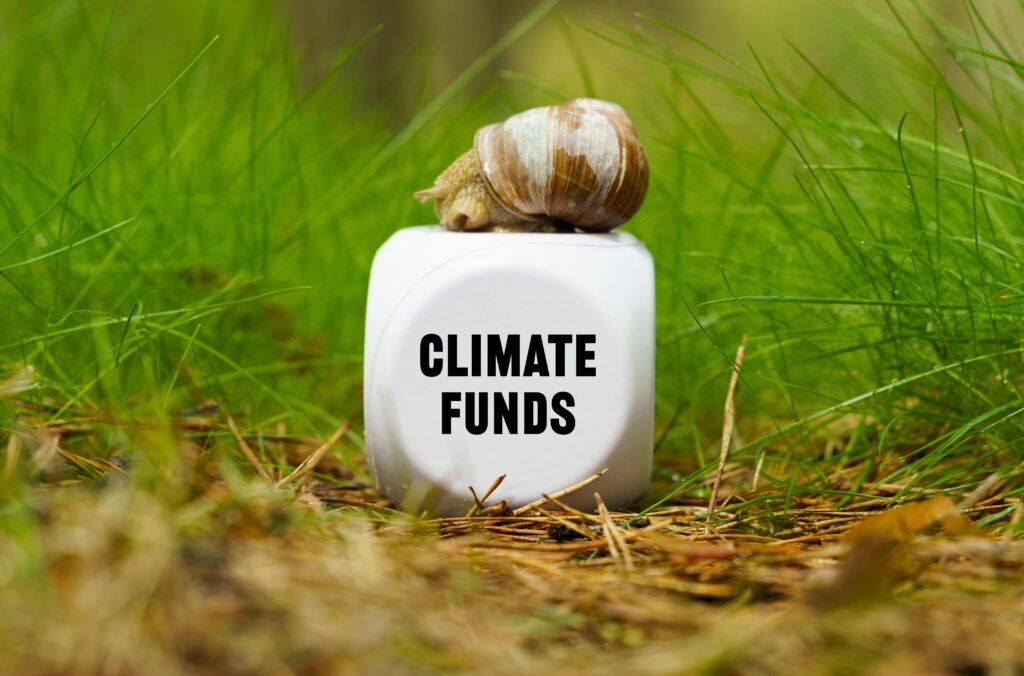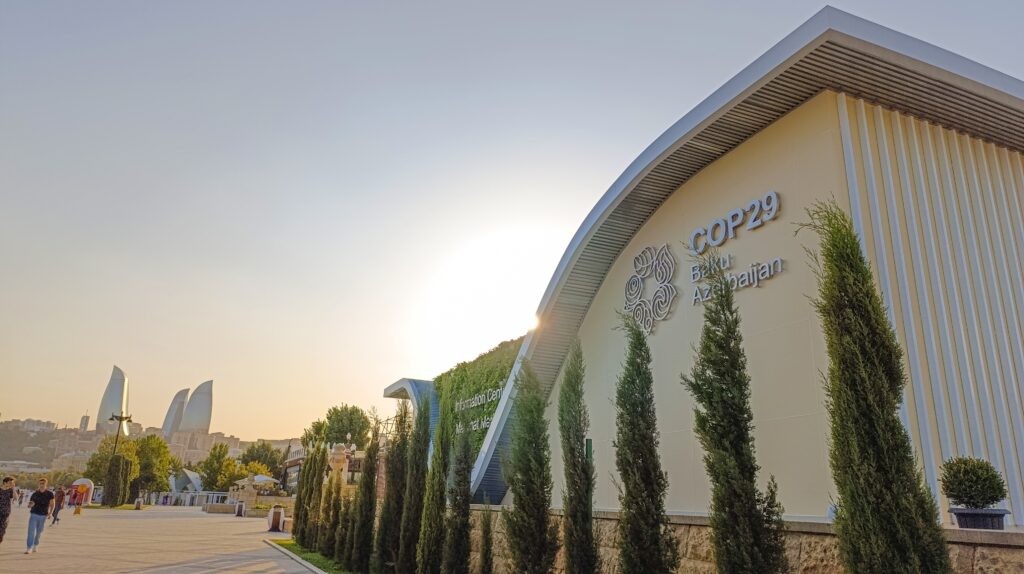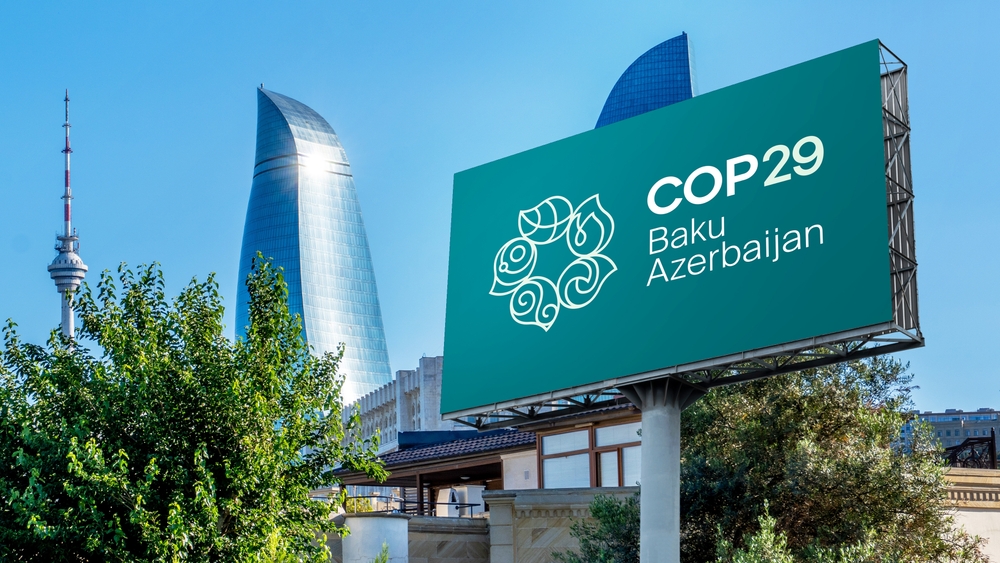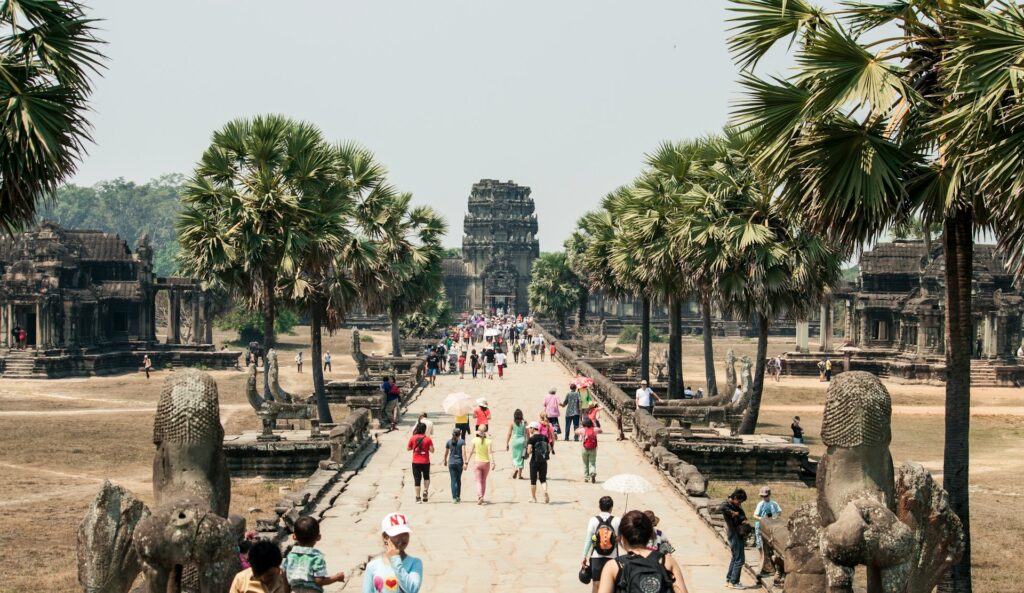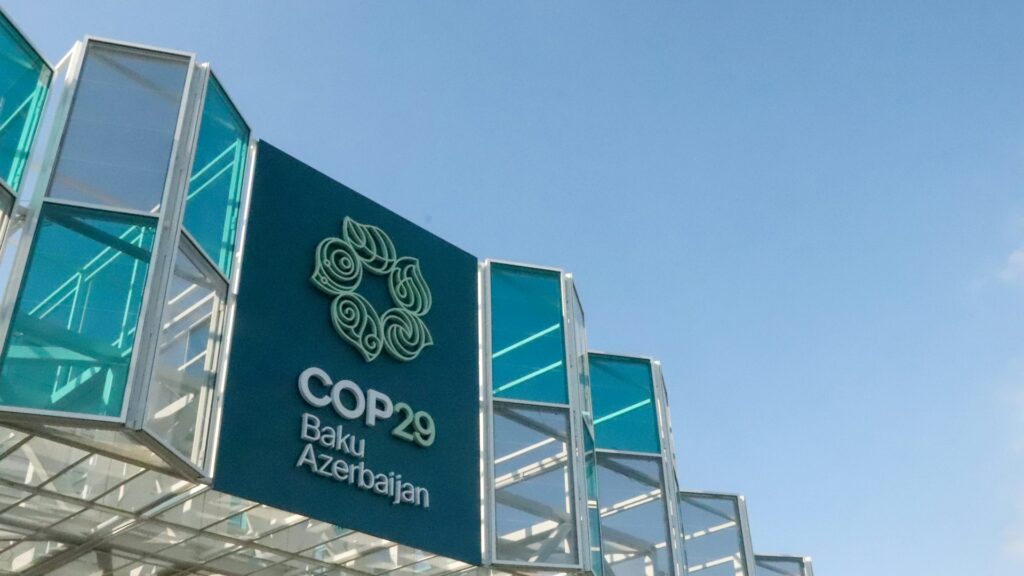At COP29 in Baku, Azerbaijan, women’s voices are integral to unlocking climate action. Women are powerful agents of change in the fight against the climate crisis. Yet, their experiences and leadership are largely underrepresented in decision-making processes.
There is a “stark injustice” at the core of the climate crisis, highlighted Mary Robinson, speaking at an event hosted by Project Dandelion – a women-led climate justice movement. “There’s injustice for women because women have different roles, different power, maybe different access to credit and different possibilities of being at the table,” she said.
Robinson added that women bear a disproportionate burden due to existing social and economic inequalities, yet male and scientific perspectives have historically dominated global discussions, with too little emphasis on human rights. “When I’ve heard grassroots Indigenous women speaking at top panels, it makes a huge difference. Because they can speak passionately about the reality of climate change — because they are the experts.”
How the Climate Crisis Disproportionately Impacts Women and Girls
The multiple threats posed by the climate crisis disproportionately impacts women and girls. Growing hostile and volatile environmental conditions threaten livelihoods, health and safety, while deepening inequalities and increasing societal fragility.
In rural areas, in particular, women and girls are typically responsible for providing food, water and firewood for their families. During periods of erratic rainfall or drought, they often work longer hours, walk further and invest more effort in securing essential resources and income. In addition to these greater burdens, this can expose women and girls to a higher risk of gender-based violence. As Oluwaseun Ayodeji Osowobi, a Nigerian women’s rights activist, said, “When the land can no longer provide clean water due to droughts and floods, women have to travel far, putting them at greater risk of violence.” She said, “Displacement, lack of economic power and violence are all intertwined into climate injustice.”
Over 80% of the people currently displaced by climate-related events are women and girls, who face more significant difficulties recovering from climate shocks. Women and children are 14 times more likely to die than men as a result of extreme weather disasters. These disasters can also disrupt essential services, including sexual and reproductive health care, compounding and extending the negative impacts for women and girls.
Why Are Women Key Actors in Climate Action?
Despite these unique dangers posed to women, they have often faced marginalisation at the decision-making table. “We know that women and girls are bearing the brunt of climate crises around the world. Yet, their concerns are not being heard,” said CARE International UK CEO Helen McEachern.
Inequitable financing is a significant factor here. “Women-led organisations are striving to support their communities but are being held back by a lack of funding,” said McEachern. Women receive just 2% of all financial flows for addressing the causes and consequences of climate change, yet are integral to providing effective climate resilience at the family and community level. “Unless we start prioritising and funding gender-equal climate action – and addressing the systemic issues holding women back from having their voices heard in decision-making – there will be no meaningful progress on climate issues,” said McEachern.
Evidence consistently shows that inclusive leadership rooted in gender equality leads to more equitable outcomes. According to research by the World Bank, women leaders are more likely to take action to confront climate change. Women are also more likely to build successful organisations that address social and environmental needs and produce a higher return on investment. Studies have also found that countries with higher proportions of women in parliament are more likely to ratify international environmental treaties and have stricter climate policies. Elevating women’s leadership at COP29 and beyond is therefore paramount for effective and inclusive climate action.
Inclusion at all Levels to Address Climate Change
As well as gender parity in climate leadership roles, “changing things from the bottom up” is equally important says Cynthia McDougall, a senior research fellow in gender, environment and development at the Stockholm Environment Institute. This involves strengthening the capabilities of leaders of all genders to be more inclusive in decision-making and channelling climate finance directly towards gender-equal action through civil society.
A gender-just climate movement – with equitable representation from grassroots initiatives to global decision-making platforms – is therefore a critical necessity for an inclusive, just and transformative transition to a climate-safe future. “We are on the cusp of a climate-safe world, but we need to move faster,” said Rhonda Carnegie, cofounder of Project Dandelion. “We need a climate movement that bridges sectors, leverages collaboration and is powerful enough to challenge the narrative crafted by the fossil fuel industry.”
The symbolic power of the dandelion was chosen for this women-led climate justice movement to represent the resilience and unity of gender-just and equitable action. “The dandelion grows on all continents. It’s very regenerative,” said Robinson. “When we’re more connected, we’re more powerful, and we need to bring that in this inclusive climate justice way into the broader climate action movement.” The marginalisation of women is stalling our ability to effectively combat this crisis, and it’s time for women’s leadership to take centre stage.
Evelyn Smail
Writer, United Kingdom
Evelyn is a freelance writer and journalist specialising in climate science and policy, the just energy transition and the human impacts of climate change. She writes for independent publications, NGOs and environmental organisations. Evelyn has a background in sustainable development, climate justice and human rights.
Evelyn is a freelance writer and journalist specialising in climate science and policy, the just energy transition and the human impacts of climate change. She writes for independent publications, NGOs and environmental organisations. Evelyn has a background in sustainable development, climate justice and human rights.

